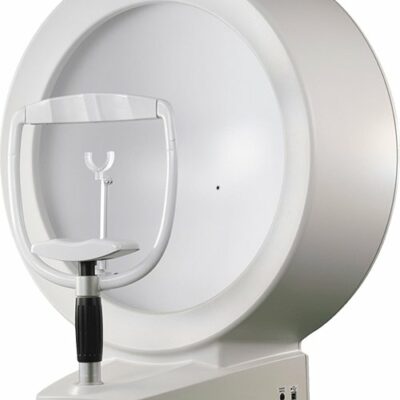Spirometers: Precision Tools for Pulmonary Function Assessment
Spirometers are medical devices that assess lung function and measure various respiratory parameters, such as lung capacity and airflow rates. These instruments are crucial in diagnosing and monitoring respiratory conditions, including asthma, chronic obstructive pulmonary disease (COPD), and restrictive lung disorders. Spirometry tests involve breathing into the spirometer to provide valuable data that helps healthcare professionals evaluate lung health and tailor treatment plans.
Key Features of Spirometers:
Lung Volumes: Spirometers measure several key lung volumes, including tidal volume, inspiratory reserve volume, expiratory reserve volume, forced vital capacity (FVC), and expiratory volume in one second (FEV1).
Flow Rates: The device also calculates airflow rates, including peak expiratory flow (PEF) and forced expiratory flow between 25% and 75% of FVC (FEF25-75).
Predicted Values: Spirometry results are often compared to predicted values based on age, height, gender, and other factors to assess the severity of lung impairment.
Post-Bronchodilator Testing: Some spirometers allow for pre- and post-bronchodilator testing to assess the effectiveness of bronchodilator medications.
Applications of Spirometers:
Respiratory Disease Diagnosis: Spirometry is crucial for diagnosing various respiratory conditions, including asthma, COPD, and interstitial lung diseases.
Disease Severity Assessment: Spirometry helps healthcare professionals determine the severity of respiratory disorders and monitor disease progression.
Treatment Monitoring: Spirometers are used to assess the effectiveness of interventions, such as bronchodilators or corticosteroids, in improving lung function.
Benefits of Spirometers:
Early Detection: Spirometry allows for the early detection of respiratory disorders, enabling prompt intervention and better disease management.
Treatment Tailoring: The data obtained from spirometry guides the customization of treatment plans based on individual lung function and disease severity.
Long-Term Management: Regular spirometry tests help healthcare professionals monitor changes in lung function over time, facilitating long-term disease management.
Conclusion: Spirometers are essential tools in respiratory medicine, providing accurate assessments of lung function and aiding in diagnosing and managing various respiratory conditions. By measuring lung volumes, airflow rates, and other vital parameters, spirometers offer valuable insights that guide treatment decisions and improve the quality of life for individuals with respiratory disorders. Recognizing the significance and features of spirometers is crucial for healthcare professionals and individuals seeking to optimize respiratory health and enhance patient care.










